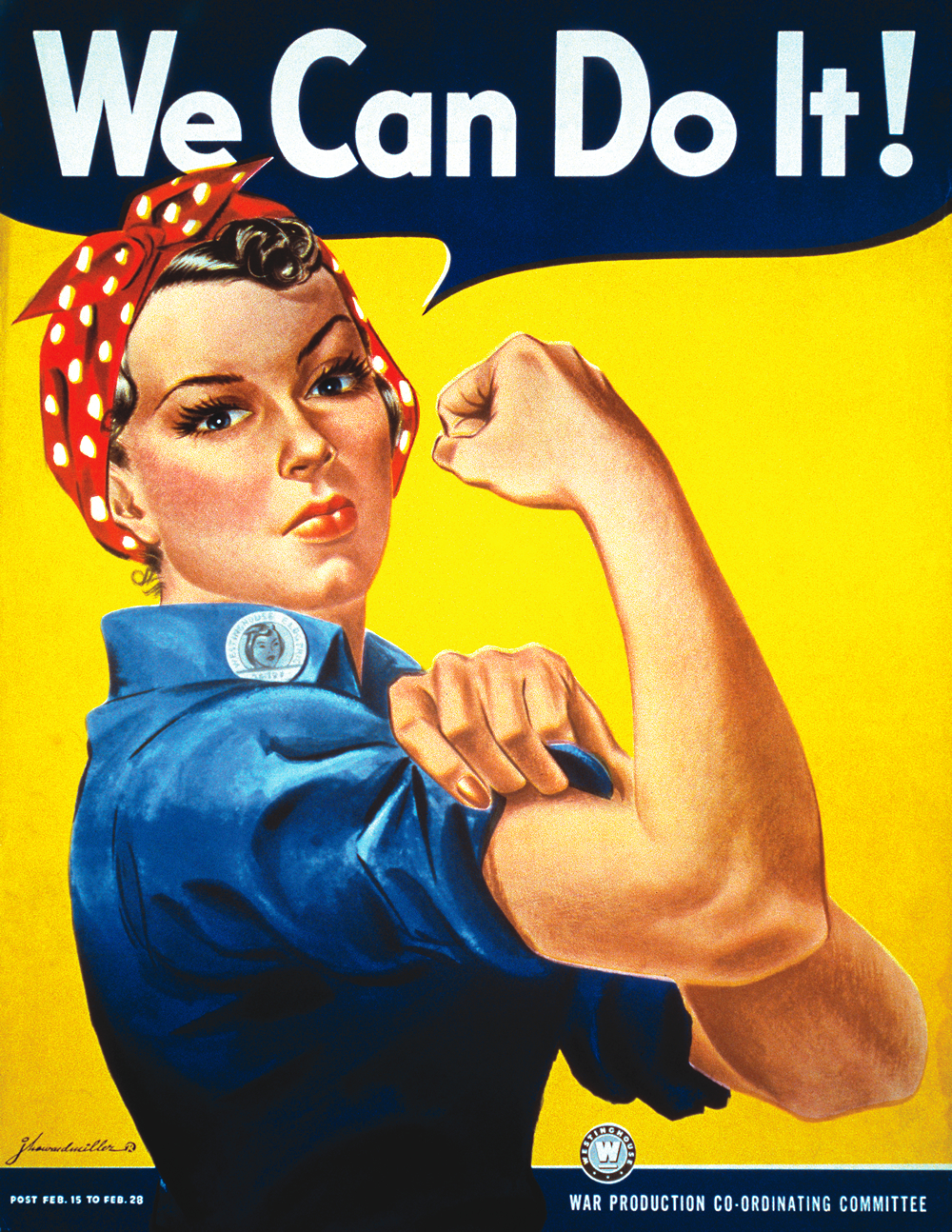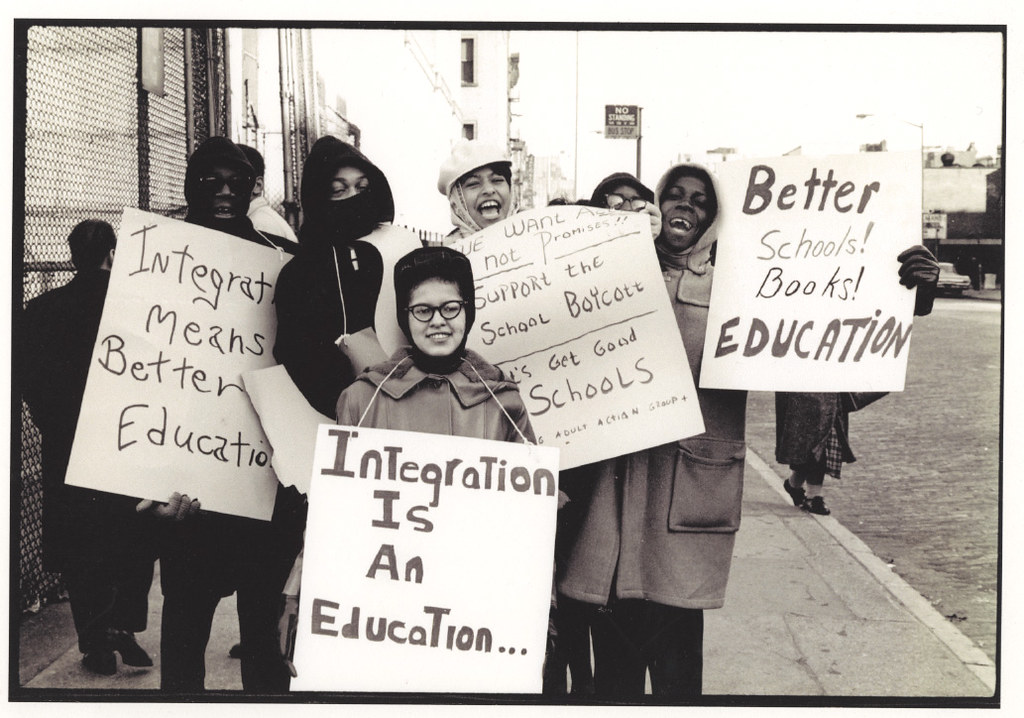Things I had to look up:
Bettelheim: He is a phycologist. I just thought it was weird that they talked about him like I ready knew him. That confused me a bit. But looking up his name did give me more information about what he did and why Shor included him in the introduction.
Argument
What I got from Shor was that education is controlled by politics and standards that all students should follow by. In a lot of classrooms, there is a lack of curiosity, imagination and leadership opportunities so this makes it hard for students to grow. Us as humans we are naturally born curious and leaders but if schools do not reinforce that then we just stay in one place instead of moving forward. We live in a country run by democracy which is driving by freedom of speech, critical thinking and a lot of institutions don't go by this. This is crazy because this should be the case for a lot of schools.
Also, while reading this Shor was talking about questioning students schooling and that made me think. Was my high school challenging? Was I able to speak what was on my mind? Was I free to express how I felt? A lot of these questions popped into my head. To be honest I did feel like I was challenged at my Highschool. Like getting out to get internships, public speaking and learning how to be professional was all really hard! The one thing I can say that I did lack on was learning how to improve my writing, math, and science. It is weird because at The Met since it is mainly internship based there really was not much room for students to learn science. So if you really wanted to learn you kind of have to go out of your way to go learn it. Which personally is a bit of a bummer.
As for speaking my mind yes I felt like that was highly embraced at The Met. The only thing that made it difficult was actually saying the words. (Johnson) This eventually took time for me and my peers a bit to overcome. Eventually, it did happen but being able to learn how to say how we felt is a grat feeling.
Overall, I really enjoyed this piece it was a good way to connect everything together into one.







.png)










